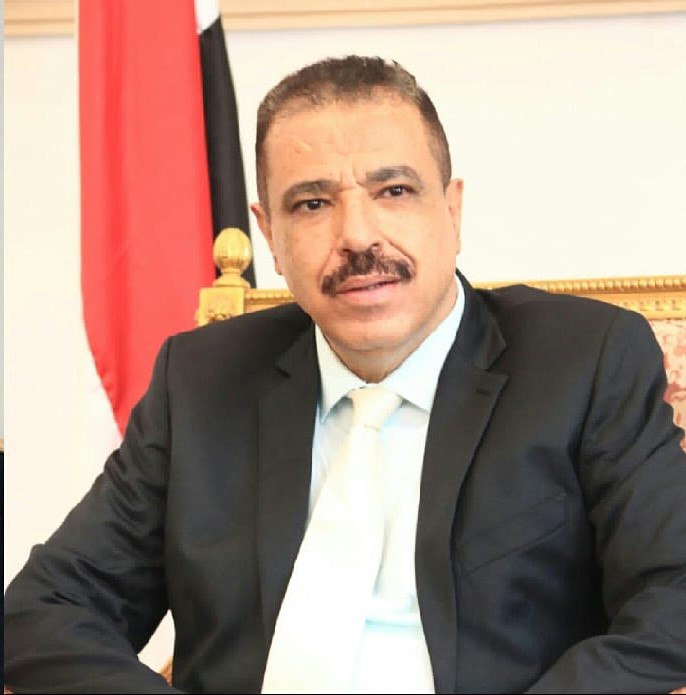Yemeni Foreign Minister Jamal Amer denounced the United Nations’ disregard for the Yemeni government’s repeated communications regarding the new procedures imposed by the United Nations Verification and Inspection Mechanism (UNVIM) in Djibouti, which began implementation on July 4, 2025.
According to the official “Saba News Agency,” Amer sent a letter to UN Secretary-General António Guterres, demanding the complete abolition of the mechanism, noting that it no longer serves the purpose for which it was established.
Amer emphasized that the Secretary-General’s office’s failure to respond to the correspondence contradicts the moral and ethical role that Guterres enjoys with the Yemeni government and people, who view him as a representative of justice and humanity.
The Yemeni official questioned how the Secretary-General could ignore the cries of the Yemeni people, who have been suffering for nearly a decade due to a harsh blockade.
He explained that the new procedures, which include a full inspection of every container and prohibiting the passage of any container without complete documentation, have become a dangerous escalation of the blockade imposed on the country.
Amer considered these measures to be collective punishments that exacerbate the suffering of the people and obstruct the delivery of essential goods and humanitarian aid, which are a lifeline for millions of Yemenis.
Amer affirmed that the transformation of the mechanism into a factor obstructing the flow of vital goods represents a violation of the United Nations’ humanitarian role and undermines confidence in its neutrality and effectiveness.
He warned that the continued implementation of these measures in the current context will exacerbate the humanitarian crisis in Yemen and could open the door to escalation that threatens security and stability in the entire Red Sea region.
The foreign minister pointed out that disrupting the flow of goods and exacerbating the humanitarian situation creates a highly tense environment that hinders efforts to achieve lasting peace.
He called for the abolition of the UNVIM mechanism due to its inadequacy and the introduction of procedures that facilitate the flow of goods in accordance with the original humanitarian priorities.
He also stressed the importance of an immediate return to arrangements that ensure the rapid dispatch and inspection of containers, taking into account the necessary minimum, especially those coming from approved sources and not containing prohibited goods.
Amer reiterated that maintaining the flow of goods is not just an economic requirement but an urgent humanitarian necessity to ensure food and medicine security for the Yemeni people.
He expressed his hope that the UN Secretary-General would recognize the seriousness of the current situation and take urgent measures to put the verification and inspection mechanism back on track, thus contributing to alleviating the suffering of the Yemeni people rather than exacerbating it.
Amer also stressed that ignoring the Sana’a-based government’s messages and the international community’s silence regarding this matter would be unacceptable to the Yemeni people and would not contribute to achieving the UN’s goals in Yemen or the region as a whole.


















